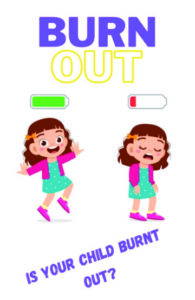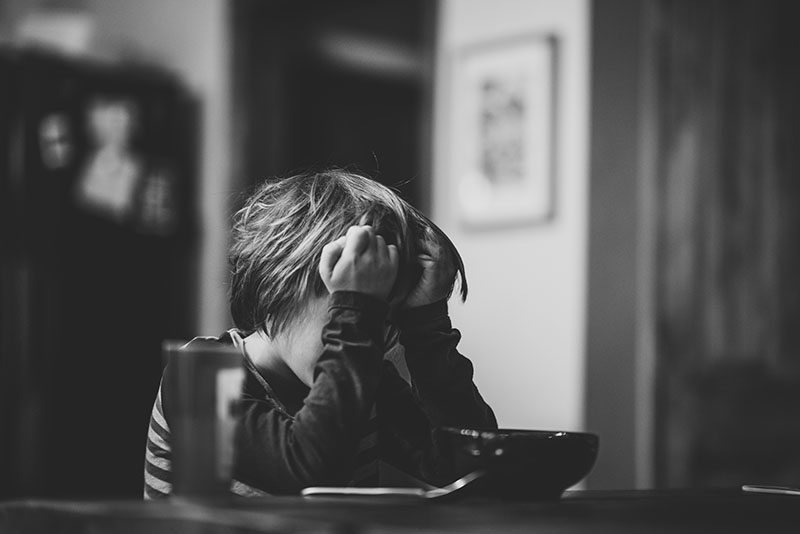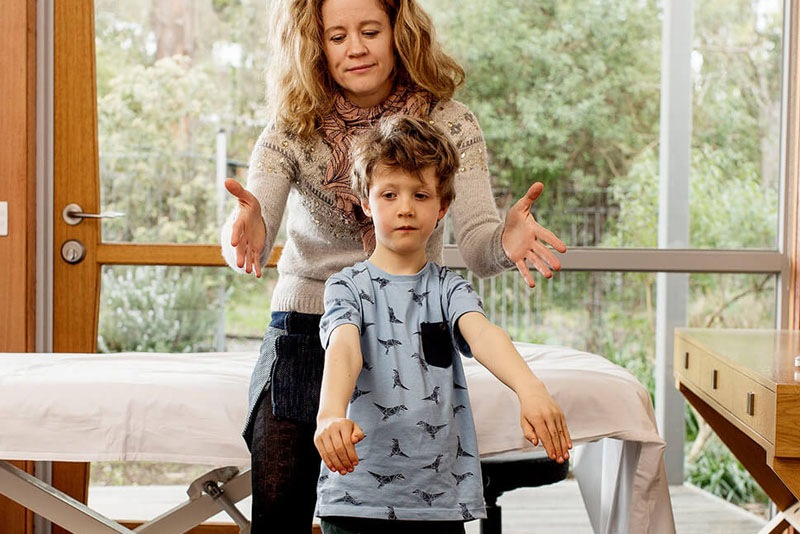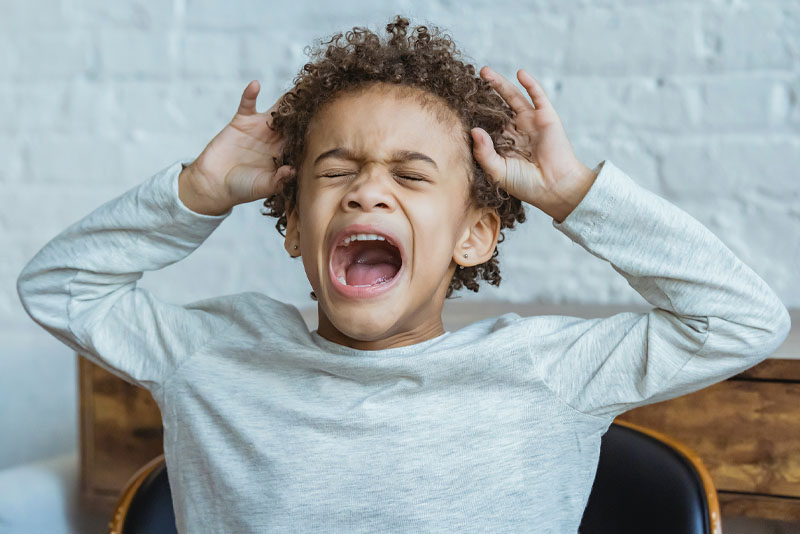
For many children, this is a reality. They have between 10 – 14 hours with sometimes few breaks, loads of work and a lot of school and society stress. Especially children who learn and think differently are at a higher risk of burnout in school.
Burnout is a state of emotional, mental and physical exhaustion. This happens when children (and adults) are faced with ongoing frustration / stress and have very little chance to relax, recharge and JUST be children. Some stress, however, is needed for children to achieve. Balanced stress motivates children to set goals and then reach them. When there is no balance and when schoolwork, society pressure, after school activities are non-stop this eventually takes its toll. The stress then turns to anxiety which leads to a roller coaster of disastrous effects.
Imagine this: A 10-year-old. She has a learning difficulty. She wakes at 6:00am, leaves for school at 6:30. First period starts at 7:20, but she must go early for extra lessons. She has a full day of academic work in her class. She also sees a reading therapist twice a week to help her with reading and spelling. Teachers might forget that she requires extra assistance during the school day. After school she does either netball or chess. When she gets home at 5:30, she must do two or three hours of homework and catching up because of her learning difficulty. Her day only starts winding down at about 9pm. When she lies in bed, she cannot switch off because she has so much to do the next day. She also punishes herself by questioning everything. By the weekend she has had it. She is exhausted. She has no motivation left, she does not want to study, she cries at the drop of a hat, is angry about little things, and has no enthusiasm for anything. And she is only 10.
These are some of the factors that lead to burnout in children.
- Academic factors such as having to work harder or longer than their peers to achieve the same results. Too much extra work, extra lessons and extra therapy on top of their already full schedules. Children who struggle have to work extra hard to focus. They can sit for hours and not make much progress, and yet, feel exhausted when they get up.
- Emotional factors like not being able to “turn-off”. Low self-esteem and not feeling good enough. Anxiety.
- Social factors such as relationships with adults (good or bad). Feeling extra pressure not to let family down. Parents / Teachers may overdo the amount of learning and instead of feeling like support, this can be overwhelming.
How do we prevent burnout in children? Here so some tips..
- Have enough breaks. Even though we as adults very often do not make time for ourselves, it is critical to make sure your child makes time for themselves. We know having ‘me-time’ is important for mental, emotional and physical well-being.
- Affirmations. Affirm your child EVERY DAY. Help them affirm themselves. Very often children do not feel a sense of self -love or have any positive feelings their abilities. Teach them that “If you speak it, your mind will start to believe it.”
- Celebrate small victories in school and in life. Celebrate, no matter how small the victory. CELEBRATE it!
- Time management – help your child set small achievable goals. Ask, what is most important? Stick to the most important goals first.
- Make time for fun things. Not just on the weekend, but during the week too. Time spent in fun environments and outside will make your child happier and give their mind a break.
- Enough sleep. Not only enough sleep, but a good quality of sleep.
- Boost Omega 3’s. Either through diet or as a supplement.
- Love your child. Unconditionally.
Need more help and guidance? Contact me on chantelle@groundedlove.co.za or 084 605 7667






